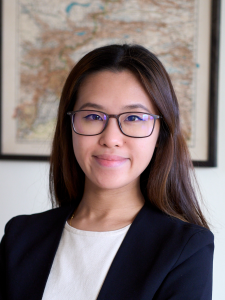On May 13, 2022, Global China Hub nonresident fellow Niva Yau was quoted in The Guardian on China and Central Asian countries’ mutual perception at the beginning of Xi’s third term.
Since the start of the war in Ukraine, “the region is looking for solutions that China cannot provide,” says Niva Yau, a non-resident fellow at the Atlantic Council’s Global China Hub. That is because China’s support for Russia’s war has led central Asian leaders to worry that if conflict spreads east, China would not come to their aid. The Kazakh government in particular is worried about this scenario, says Yau. So China is having to recalibrate its policies in the region to make sure its allies stay loyal.
Meanwhile, more than 200,000 Uyghurs live in Kazakhstan, alongside other Turkic groups, and there are smaller Uyghur populations in other parts of the region. Many maintain links with Xinjiang, the region in far-west China where Uyghurs have been subjected to mass human rights abuses, including the detention of more than 1 million people in camps where there have been reports of torture, abuse, indoctrination and forced sterilisations.
With this in mind, China has presented itself as the region’s economic and security provider, particularly through the Shanghai Cooperation Organisation, a regional group that includes Kazakhstan, Kyrgyzstan, Tajikistan and Uzbekistan.
China’s priority is to ensure there is “no regional recognition of any human rights violations in Xinjiang”, says Yau.
